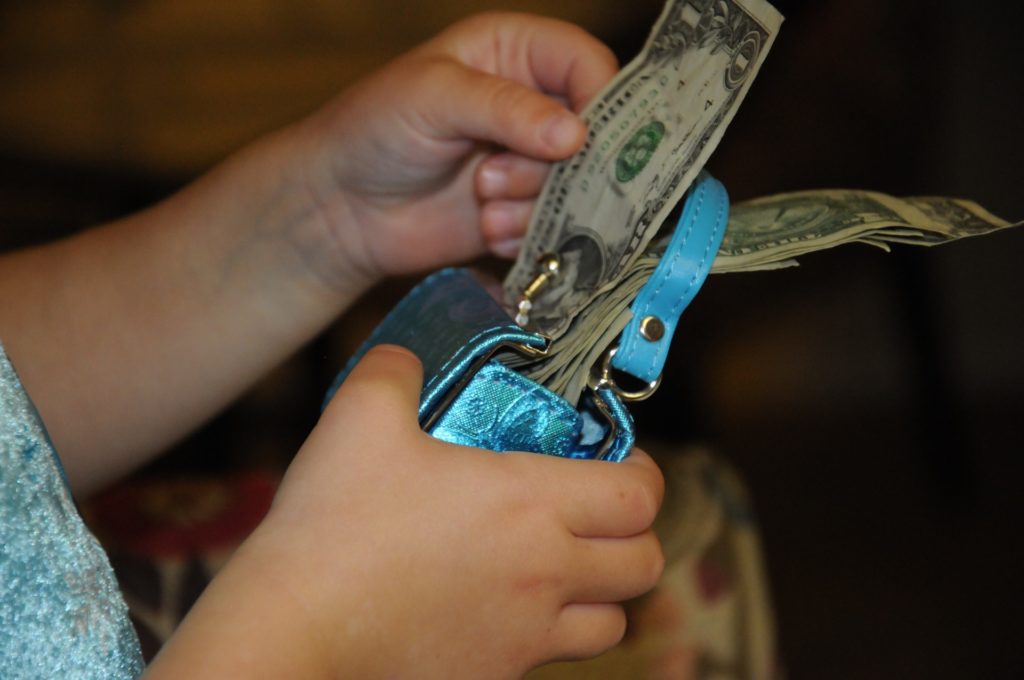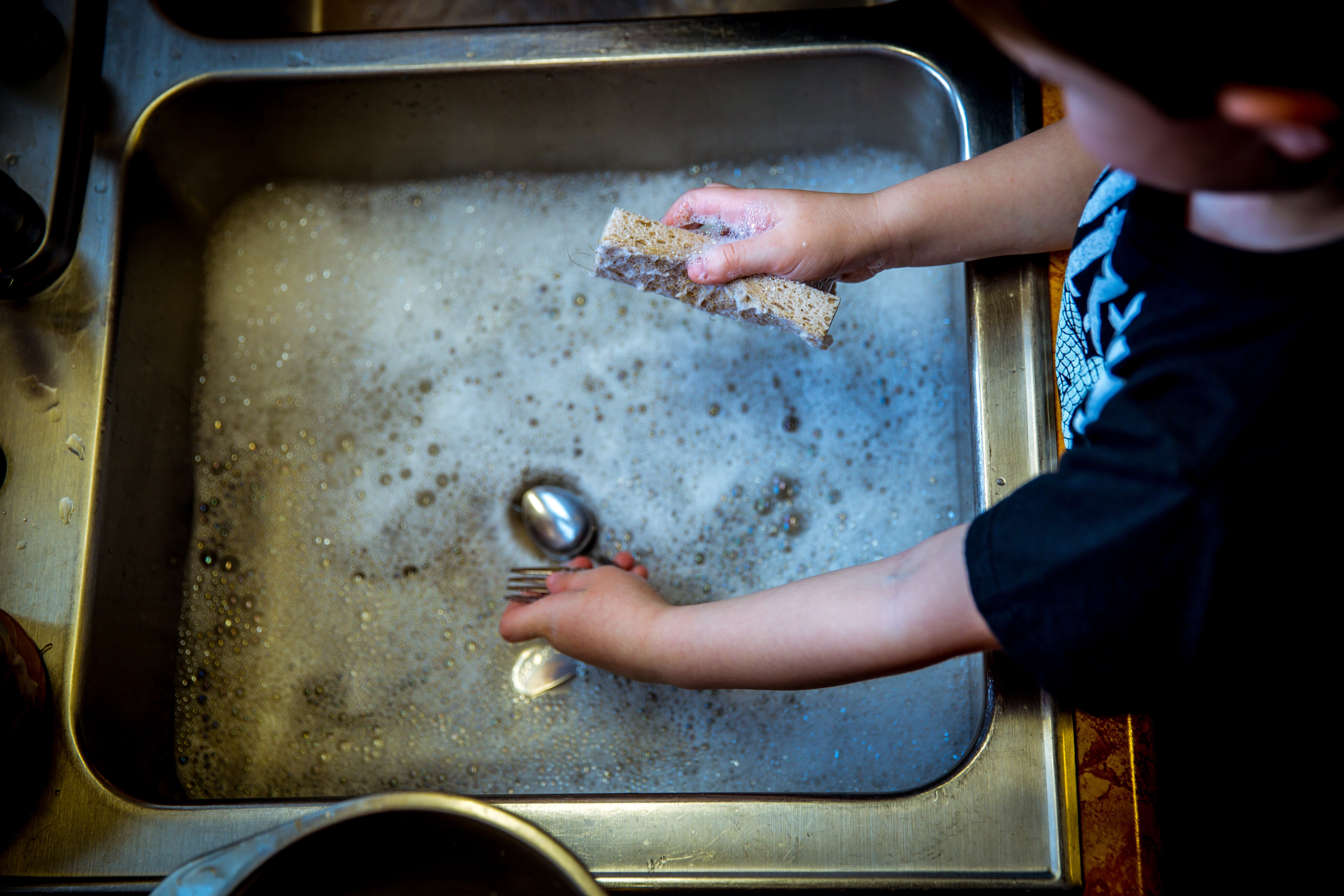When your children are at home with you all day, every day, regular life – cooking, housework, doctor’s appointments, and errands can become a bit challenging.
When my older daughter was young, I had a part time position as a newspaper reporter. I covered everything in the small town in which we live, except for the police beat, which I told my editor I did not want to cover. Being a reporter meant that occasionally there were meetings that I had to attend with my editor. Most of these meetings were done by phone, but every once in a while I needed to actually go into the newspaper office. Because my daughter was home with me, it meant that she came with me to the office.
When those occasions cropped up, I made sure to take a book and/or some math that my daughter could work on while I met with the editor. She most often sat with the paper’s graphic designer or office manager while she was doing her work. It was a win-win for her and for whomever she was sitting with – Teresa and Cathy provided the oversight, and she was company for them as they worked.
After the editorial meeting was over, we would go back home, and on the way back, we would talk about the book she had read, or any trouble she had had with her math. Once we got back home, it was time to check over the math questions, explain anything she hadn’t understood, and get the rest of school done.
I also had a growing network marketing business that I worked part time. I guess you could say I didn’t like being bored! Now much of this was done by phone – checking in with customers, taking orders and reorders and so on. There was one thing that took me away from the house with this business – delivering product orders. Again, because I had my daughter with me, she came with me on product delivery runs, unless I did them in the evenings or on the day that my husband was off (every other Friday). I followed the same procedure for these deliveries as I did with the editorial meetings, except that the deliveries were faster, and did not require getting out of the van. In these instances, we did car schooling – I would teach from the front seat of my van. Yes, it is possible!
A part time job doesn’t have to interfere with homeschooling if you can do the following few things:
- Let go of perfection. Recognize that your home will probably not ever look like a Home and Garden magazine. Frankly, I'm not sure any hous
e with a homeschooling family looks perfect, because you and your children are living in it every day. - Be flexible. One of the beauties of homeschooling is that we can make our schedules work for our families. If you have a part time job that requires you to be out of the house, understand that on those days you may need to juggle the schedule a bit to make both work. Don’t be afraid to do this; the earlier our children can learn to be flexible and to find different ways of making things work, the better off they will be.
- Be clear with family and friends about your time limits and schedules. At the outset, because no one in my family understood what I was doing when I said I was homeschooling, I would get calls throughout the day to just talk. Sometimes the neighbors would drop by to visit. It got to the point that I stopped answering the phone and I also would not open the front door unless I was expecting a serviceman or a delivery.
- Be present. One of the things I did well was that when it was time to do school, I was fully engaged. I didn’t take phone calls. I didn’t check email or my texts. School time was sacred and the rest of the things could wait. The only calls I would take were from my husband, because if he called during the school day, it was because it was important.
Are you a homeschooling mom with a part time job or business? If so, I would love to hear your tips for making the two work for your family. Please leave me a comment, and if you have questions, be sure to ask them in a comment. I love hearing from my readers and I read, and reply to, every comment. If you found this helpful, please like and share this post with your friends!
When my older daughter was young, I had a part time position as a newspaper reporter. I covered everything in the small town in which we live, except for the police beat, which I told my editor I did not want to cover. Being a reporter meant that occasionally there were meetings that I had to attend with my editor. Most of these meetings were done by phone, but every once in a while I needed to actually go into the newspaper office. Because my daughter was home with me, it meant that she came with me to the office.












